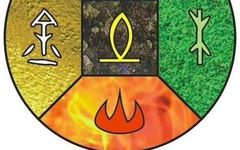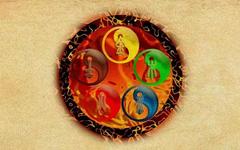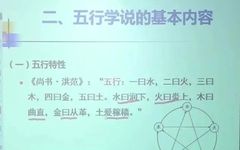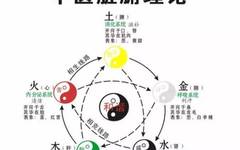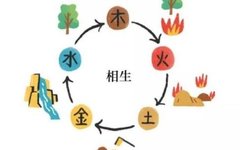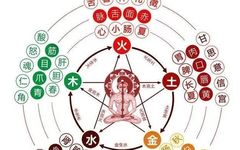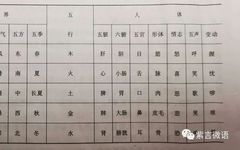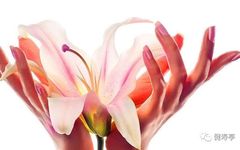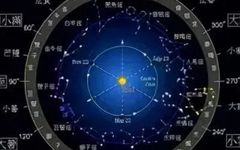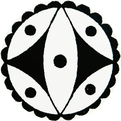Understanding the Five Elements in Ancient Chinese Culture
Understanding a City Starting from the Museum…… Follow The Five Elements (Wu Xing) is an ancient Chinese materialistic view, widely used in philosophy, Traditional Chinese Medicine (TCM), and divination. The Five Elements refer to: Metal (Jin); Wood (Mu); Water (Shui); Fire (Huo); Earth (Tu). It is believed that nature is composed of these five elements, … Read more

